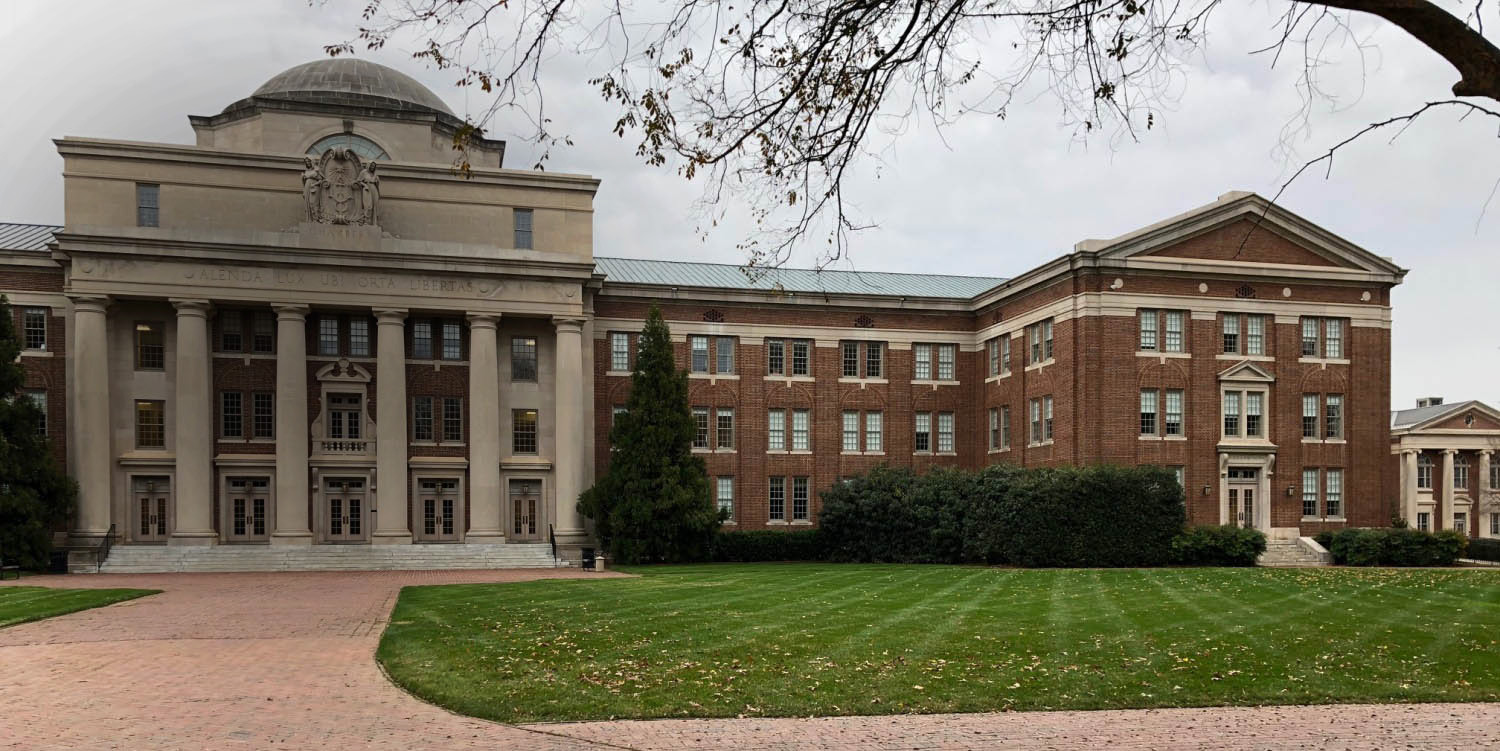This week, with many closed K-12 schools set to offer mandatory educational services to the general student population via distance education (online learning) due to COVID-19, public school districts and charter schools will be required to provide special education and related services to students with individualized education programs (IEPs) under the Individuals with Disabilities Education Act (IDEA) or Section 504 Plans under Section 504 of the Rehabilitation Act of 1973.
Some local education agencies (LEAs) may be under the misimpression that, as a result of a school closure order issued by the governor of their state, the LEA need not provide special education and other services to disabled students if it is a hardship for the public school district or charter school to do so. The U.S. Department of Education, which regulates and enforces the IDEA and Section 504, could not have been more clear in Question and Answer Guidance issued on March 12 that such a view is incorrect: “If an LEA continues to provide educational opportunities to the general student population during a school closure, the school must ensure that students with disabilities also have equal access to the same opportunities, including the provision of [a free appropriate public education or FAPE].”
While some school districts and charter schools may point to the Department’s “to the greatest extent possible” language to justify not providing services in a student’s IEP or Section 504 Plan, the Department’s subsequent Supplemental Fact Sheet issued on March 21 provided an important clarification. The Department clarified that, under the circumstances, schools have flexibility to provide the services in a student’s IEP or Section 504 Plan in a different manner, but they must still provide the services: “The Department understands that, during this national emergency, schools may not be able to provide all services in the same manner they are typically provided. . . . Many disability-related modifications and services may be effectively provided online.” (Emphasis added).
Indeed, the Department’s Supplemental Fact Sheet emphasized that the issue for public school districts and charter schools is not whether to provide services, but how to do so: “It is important to emphasize that federal disability law allows for flexibility in determining how to meet the individual needs of students with disabilities. The determination of how FAPE is to be provided may need to be different in this time of unprecedented national emergency.” (Emphasis added).
As the Department noted, this is a “unique and ever-changing environment.” LEAs are entitled to flexibility in the manner in which they provide services in a student’s IEP or Section 504 Plan, but LEAs have no legal right and no flexibility to forego providing those services.
Jonathan A. Vogel, a former deputy general counsel with the U.S. Department of Education and a former federal prosecutor, is the managing attorney of Vogel Law Firm PLLC, an education law firm focused on legal issues that arise in K-12, higher education, and student loans.


